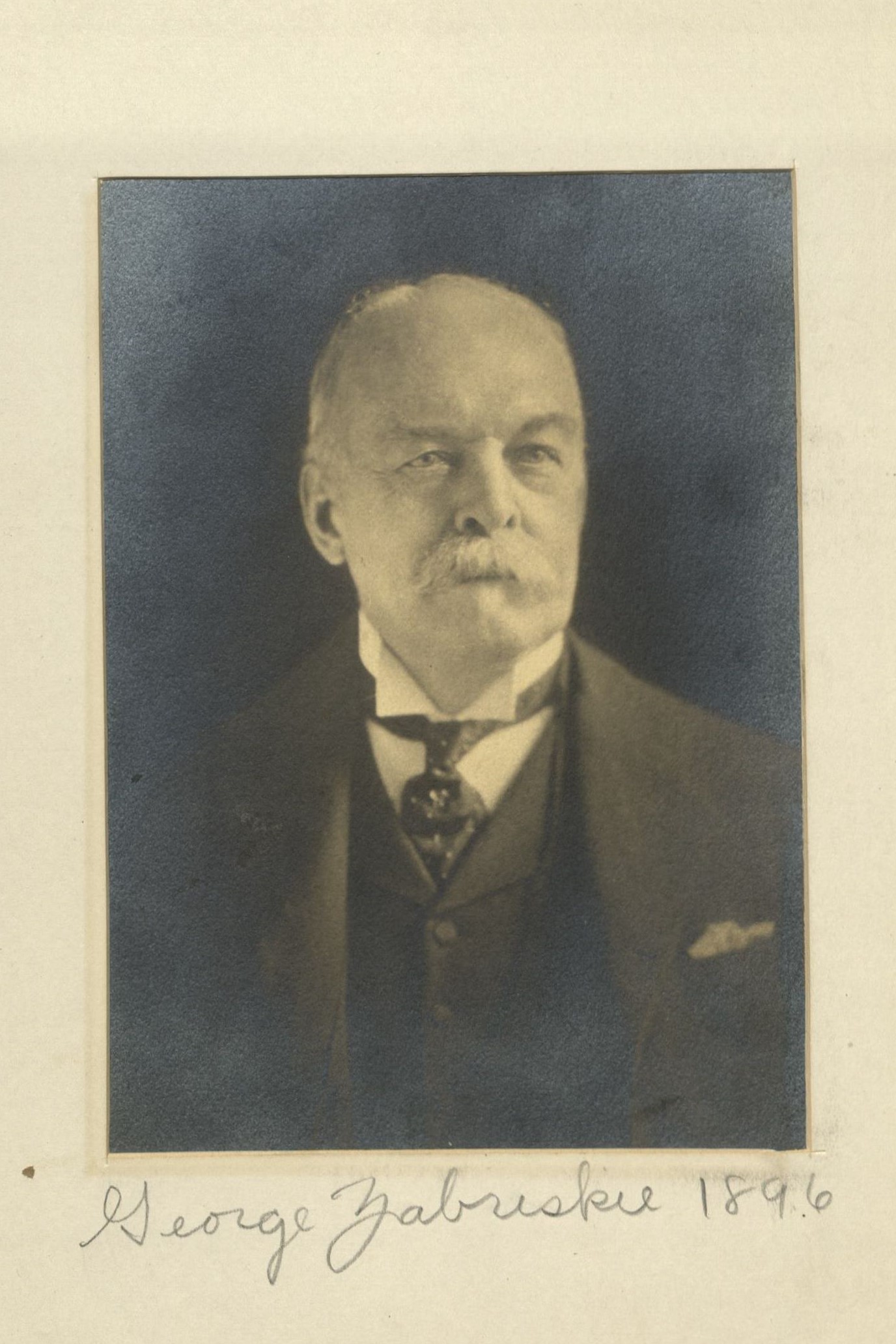Member Directory,
1847 - 1922
Huger W. Jervey
Lawyer
Centurion, 1920–1949
Herbert L. Satterlee and George Zabriskie
Charleston, South Carolina
Fletcher, North Carolina
Age forty-two
Sewanee, Tennessee

Century Memorial
Huger Wilkinson Jervey. [Born] 1878. Lawyer, professor, classicist.
The wounds of the War between the States and of its aftermath of mass social and economic catastrophe were fresh when Huger Jervey was born in South Carolina. Cut when people are fine, the bonds of common and universal need arouse loyalties and devotion, and allegiance to their lands and to each other. All these the young Jervey felt and the circumstances of his youth sharpened the inherent traits of his character: a quick generosity, compassion for those in distress.
But the man we knew here was more than a fine boy from the South. He was, indeed, a man in the great classical tradition, grounded in the best of Greece and Rome, six years a Professor of Greek in the University of the South before he became a student of the law at Columbia University, a member of the Wall Street law firm of Satterlee, Canfield and Stone (Centurions all!), Professor of Corporation Law, Dean of the Law School of Columbia University and Director of its Parker Institute of International Affairs.
It is not too much to say, I think, that he understood the classical tradition in a serviceable relationship to modern society which is to say, clearly and insistently, that he understood that civilization is the life of the mind in freedom; that it is not social security, public health, nor even economic justice; and that these things mean nothing unless they are satellites in a cosmology whose brightest sun is freedom of the mind.
It used to be said of him that there was more than a touch of the grand seigneur in him—an 18th century seigneur. And this was true. He was a great 18th century gentleman with their humanity, their liberal mind, their polished address, and their wit. And why not? He had been trained as they were trained, and as our great men of the 18th century from the Peninsula of Virginia were in the forefront of the progressive movements of their day, so Jervey was in his time a part of the teeming life about us. He brought to his tasks not only a ripe experience in practical affairs but an erudition that was unsurpassed, and a delight in the music of words. We need more men who understand that the culture of Greece and Rome “has already not once but twice and thrice and oftener” saved the European world “from the repeated attacks of materialism and barbarism.”
Source: Henry Allen Moe Papers, Mss.B.M722. Reproduced by permission of American Philosophical Society Library & Museum, Philadelphia
Henry Allen Moe
Henry Allen Moe Papers, 1949 Memorials



